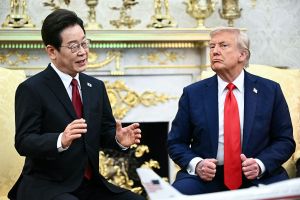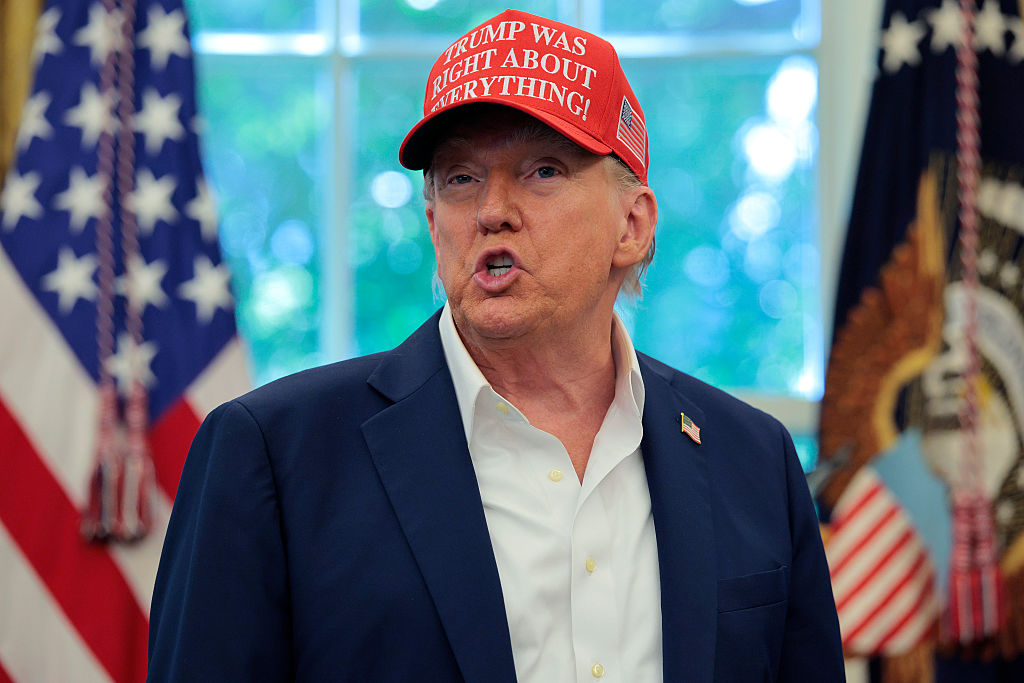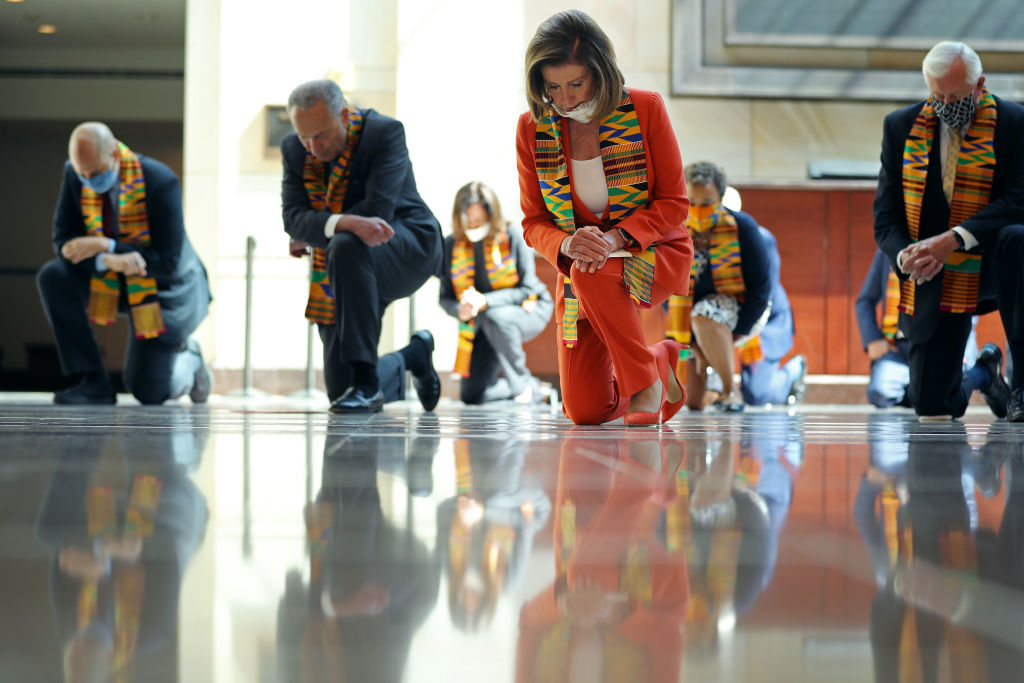The Chair of the Federal Reserve is arguably the most powerful economic official in the United States. He’s also the least accountable.
He sets borrowing costs for households and businesses, opens lending windows to banks deemed “too big to fail,” and decides when to tame or ignite inflationary forces. Unlike the Treasury Secretary or even the President himself, he answers to no one.
That may soon change. In Trump v. Wilcox, the Supreme Court is weighing whether the President should be allowed to remove the head of an independent agency. A ruling in favor would overturn Humphrey’s Executor, a disastrous Supreme Court decision from 1935, and restore a basic principle of executive accountability: if the President is responsible for the performance of the government, he must be allowed to remove those who fail.
Currently, he can’t. Under Humphrey’s Executor, agency heads – Fed Chair included – can only be removed “for cause,” typically meaning inefficiency, neglect of duty, or malfeasance.
The Federal Reserve Act affirms this. In practice, the bar is impossibly high. A Fed Chair can fumble inflation, trigger recession, mislead the public – and stay in power. Voters can’t remove him. Congress can’t. And the President, elected by the entire country, can’t either.
That’s not independence. That’s immunity from failure.
Under Chair Jerome Powell, the Fed repeatedly called inflation “transitory” even as prices soared. By the time the Fed finally acted in March 2022, inflation was above 8 percent and rising. Real wages collapsed. Mortgage rates jumped. The economy entered recession. And yet, it would have been next to impossible for Fed Chair Powell to be fired.
Presidents, meanwhile, are regularly and rightly fired for poor economic performance.
Economic discontent cost George H.W. Bush reelection in 1992, plagued Republican candidate John McCain during the 2008 financial crisis, and led to the historic defeat of Kamala Harris last year.
Every four years, Presidents are judged on the state of the economy, and every two years, their party can be removed from power in congress, too. No such democratic check exists for the Chair of the Federal Reserve, despite the enormous influence they wield.
Critics claim that allowing the President to fire the Fed Chair would “politicize” monetary policy. But everything in government is political. Presidents shape tax, trade, energy, and spending policy – why should interest rates be the lone exception?
The President is the only national executive chosen by the people. He visits factories, speaks with farmers, hears from workers and retirees. When the economy stumbles, he takes the blame – and faces the voters.
The Fed Chair doesn’t. He spends his days surrounded by 400 Ph.D economists running models that failed to predict the worst inflation in four decades.
Critics worry that a President might threaten to fire the Fed Chair if he doesn’t cut rates before an election, but what’s the difference between that and cutting taxes or increasing spending for electoral gain, which the President can do anytime he wishes with the support of his party on Capitol Hill? A President who abuses the Fed will be held accountable – by voters, by markets, by history. That’s a powerful disincentive.
Let’s be clear: this is not about Trump or Powell. It’s about bringing democratic oversight to the most powerful unelected official in the country.
Every President – Democrat or Republican – should have the authority to remove executive officials for poor performance. Cabinet secretaries serve at the President’s pleasure. So do generals, ambassadors, and regulators. Yet somehow, the Fed Chair – who sets the cost of capital for the entire economy – is untouchable.
If a small business owner can fire a bad frycook, surely the President can fire a Fed Chair who screws up. In America, no one should have the right to wield power without consequence.
Powell isn’t the first Fed Chair to make costly mistakes – and he won’t be the last. But unless this lack of accountability changes, none of them will ever be held to account. Costly mistakes will continue at the expense of hard-working Americans.


























Leave a Reply